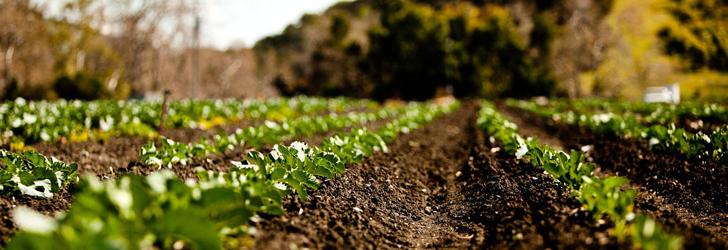Africa-Press – Namibia. THE Namibian Agronomic Board last month issued a local production forecast for special controlled crops divided into three sets of six crops each.
The board monitors crop production and imposes closed border periods whenever sufficient local production is expected and is implemented in line with the market share promotion scheme.
The production forecast covers a period of five months from 1 January to 31 May and it is updated monthly, while field verifications are carried out quarterly.
The special controlled products in this report are divided into inclusions and exclusions. Inclusions are all the specific sub-product types of special controlled products and can only be imported through a special import permit during open border periods.
Exclusions involve sub-product types of special controlled products that do not form part of the special controlled product scheme and can be imported using the mixed fruits and vegetable import permit.
The objective of the special controlled product scheme is to stimulate local production of horticultural products in Namibia, as a growth at home strategy implemented by the Namibian Agronomic Board (NAB).
Regarding butternuts, cabbages, gem squash, onions, potatoes and pumpkins, NAB concluded that there would be sufficient local supply of butternuts, cabbages, gem squash and pumpkins in January 2022 and recommended restrictions on the importation of these four crops.
“It is further reported that there will be insufficient local supply of onions and potatoes in January 2022. Thus, it is recommended that the borders be open to allow importation of washed potatoes without restrictions. However, 47% MSP (market share promotion) rules shall apply,” the report said.
The report said local garlic production would be sufficient in January, but noted that the open/close border rule does not apply to garlic, as it is still a monitored crop.
“Traders are, however, encouraged to source garlic locally and continue to support local producers as usual.”
The report further said there would be a sufficient supply of round tomato, jam tomato, sweetcorn, carrots, green pepper and coloured pepper during the entire permit period from 1 to 31 January 2022.
“Spinach will, however, be insufficient for the whole forecast period from 1 January to 31 May 2022. It is worth noting that the 47% MSP apply at all the times. It is, therefore, recommended that the border should be closed 100% for the importation of tomato, tomato jam, sweetcorn, carrot, green pepper and colour pepper for the entire permit period of 1 to 31 January 2022.
“Spinach must be opened on a pro-rata basis of 70% to 30%, local and import respectively,” said the NAB report.
The third part covers the local production forecast for the six special controlled products-beetroot, English cucumber, sweet potato, watermelon, sweet melon and lettuce – well as three monitored crops, i.e., cauliflower, broccoli and mushroom.
Sufficient local supply of English cucumbers, beetroots, watermelons, sweet melons is expected during the forecasted period. Therefore, import restrictions were imposed for English cucumber, watermelon, sweet melon and beetroots for the special import permit period 1-31 January 2022.
“Mushroom is currently a monitored crop and, therefore, for it to be added as a special controlled crop in future, producers are encouraged to take the opportunity to increase local production and meet the domestic demand every month,” said the NAB report.
Registered traders are encouraged to buy more of locally produced vegetables and ensure compliance with the minimum MSP requirements. NAB advised traders to contact registered producers, who are expected to harvest these products, to make the necessary arrangements for their local purchases.
The board also advised all vegetable producers to send their production data to the horticulture market development sub-division of the NAB monthly to ensure that all local vegetable production data is recorded.
For More News And Analysis About Namibia Follow Africa-Press






